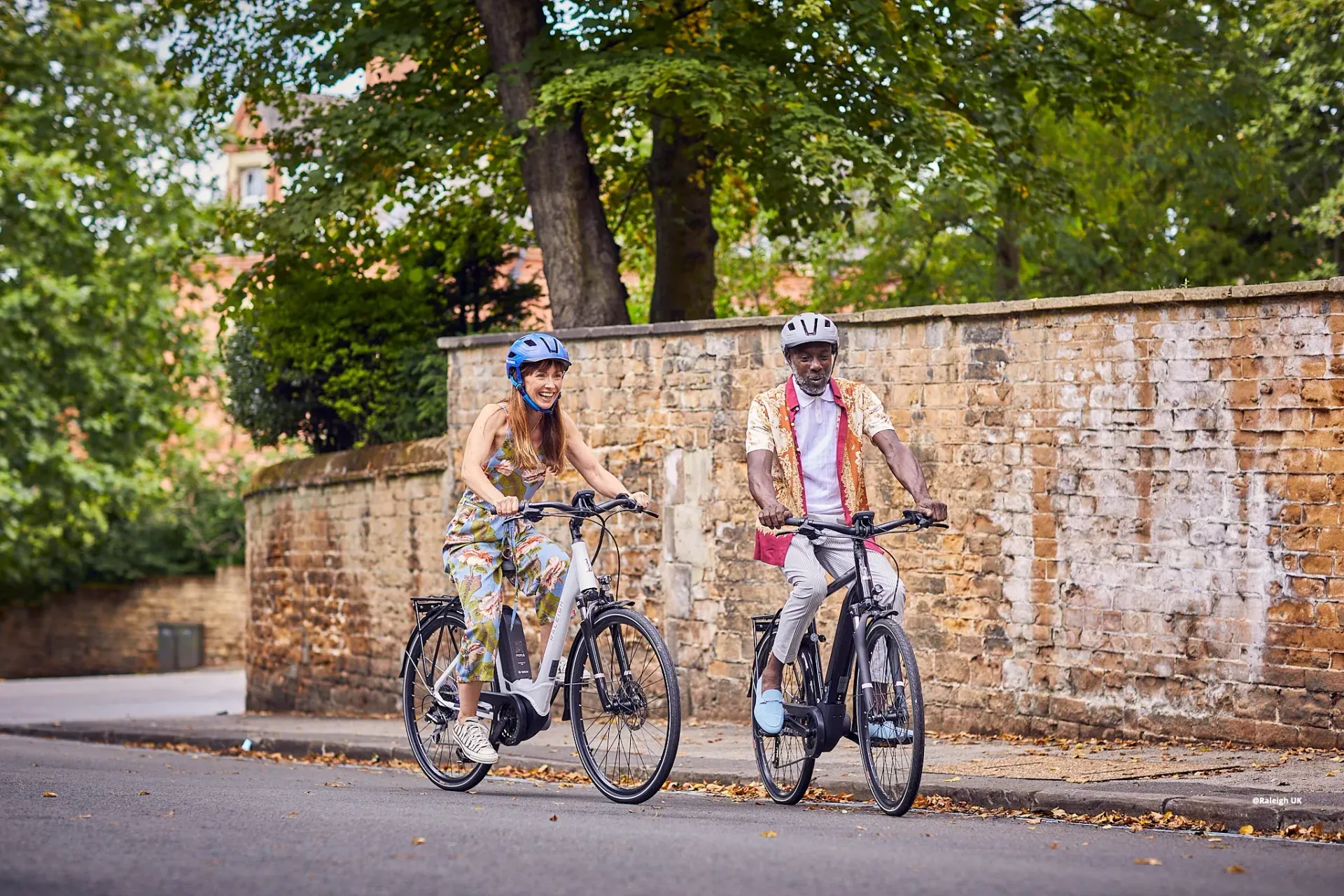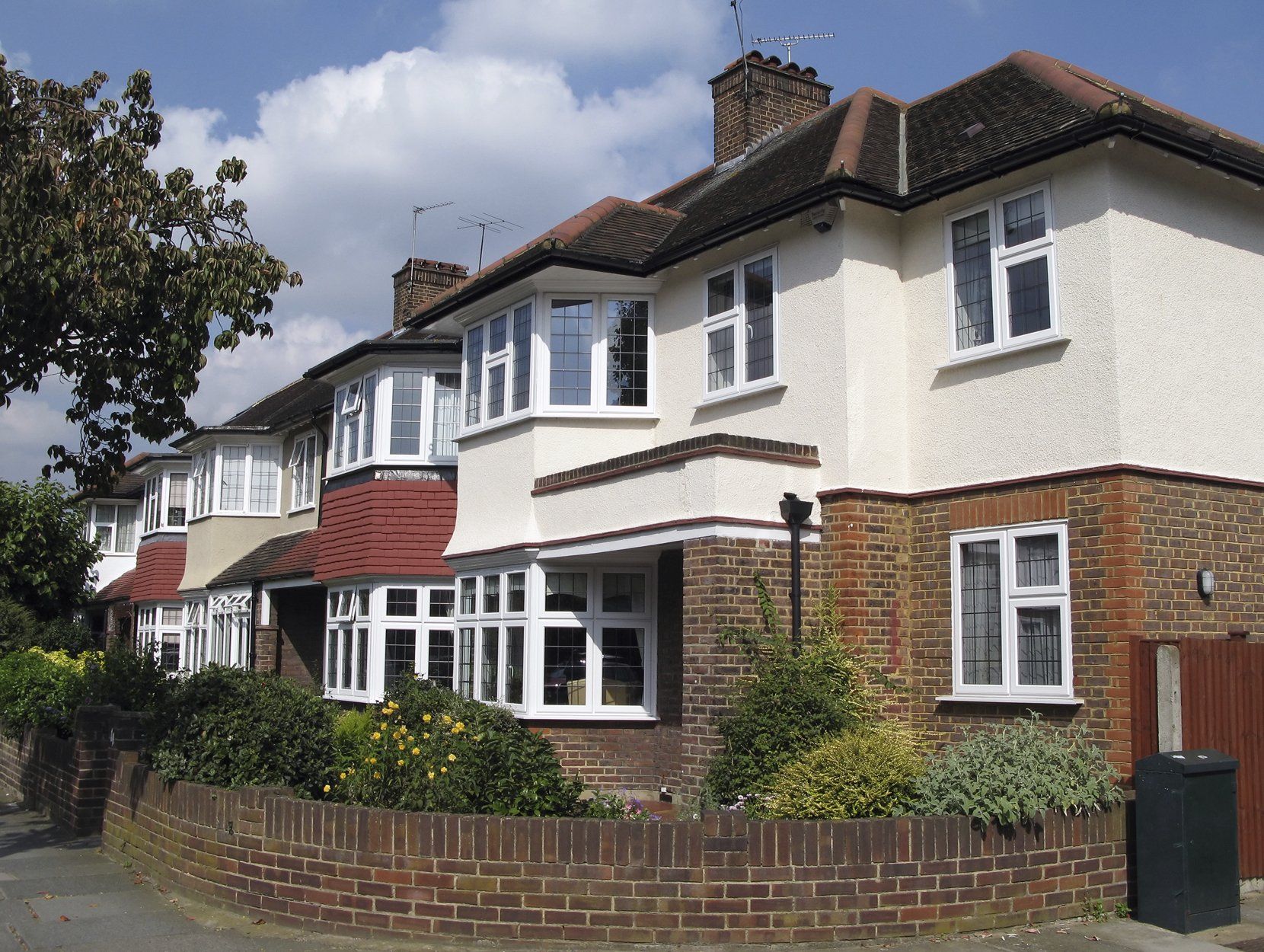The future of cycling is electric
E-bikes are on the rise and there's no back pedalling

Britain is not a cycling nation but all that could change if the e-bike revolution gets into gear.
E-bikes make up 9% of annual bike purchases in the UK which is around 165,000 sales. It's a low figure now but the potential for growth is enormous if we look at what is happening in other countries. In Germany and the Netherlands, sales of e-bikes are much stronger. In Germany they sell about 2m e-bikes a year and in the Netherlands 1m. About 40% of new bike sales in the Netherlands are e-bikes and about 5m e-bikes are in circulation.
Could this volume of use happen here? We think there are three good reasons why e-bikes will be the future for cycling in the UK:
- Health benefits for the individual.
- It's an environmentally friendly method of transport.
- It can allow towns and cities to breathe again.
Health benefits
Electric bikes assist the user by given them some extra power as they pedal. And that's the key thing. You have to pedal the bike to get some assistance from the motor. E-bikes are not like motorbikes, they don't have throttles that power the bike without pedalling. Furthermore, the motor cuts out at 15 mph (25 km/h) and so after that you're on your own. The assist in effect flattens hills and is similar to cycling with the wind behind you. You have to put some effort in but you don't end up a sweaty, crumpled, mess at the end of your journey.
Research in the USA comparing riders of e-bikes with those of normal bikes found that e-bike riders’ heart rates reached, on average, 89 per cent of the mean achieved when riding a non-assisted bike. This gave them a moderate intensity workout. It concluded that e-bike users retained the majority of the cardiovascular health benefits associated with cycling.
Add this to the fact that people on e-bikes cycle further than people on normal bikes and you can see that e-bikes have a positive impact on fitness and wellbeing. If you can commute to work, run errands or visit places on your e-bike rather than by car, then that has to be good for the body and soul.
An environmentally friendly method of transport
Electric bikes are better for the environment. Recent estimates show that about 2.4kg of CO2 is emitted by cars for every litre of fuel (10.9kg of CO2 per gallon). The government has set a target for half of all short trips to be walked or cycled by 2030 in England. In 2019 more than 60% of trips between one and two miles were driven. If short journeys can be done by an e-bike rather than by car fossil fuel pollution will reduce. A report on the role of e-bikes in decarbonisation suggests that switching from a daily car journey to an e-bike can save an average 249g of CO2 for every 1km travelled.
This is really important because in the UK, air pollution, which car emissions contribute to, is the largest environmental risk to public health. The annual mortality of human-made air pollution in the UK is roughly equivalent to between 28,000 and 36,000 deaths every year. Anything that can decrease this number has got to be good.
Helping town and cities breathe again
The potential for e-bikes to breathe fresh life into our cities and towns is enormous. Britain is no longer a cycling nation and over the last 80 years most of our towns and cities have developed putting infrastructure for the motor car as a priority. As a result, we have ended up with urban areas suffering from congestion, pollution, safety risks from having to share space with cars and a negative impact on the well being of people.
Imagine being able to visit traffic free town centres and cities where only cyclists can go. Think of the environmental impact of less congestion and less CO2 and the safety aspect from not having to share roads with cars. No more traffic jams and no more hassle of trying to find somewhere to park. An environment that people would want to come to.
Such a scenario is not far away if, again, we look to the Netherlands and the town of Houten in Utrecht. Houten isn't completely car free but it's as near as you're ever likely to get. It was built about 50 years ago to give the priority to pedestrians and cyclists. There is a ring road circling the suburb which allows car access to the edges of each residential district. Internally, there are about 130km of cycle routes offering quick access to shops, schools and workplaces. Some cars are allowed in the centre but they are segregated and access restricted meaning that it is far quicker to cycle in.
It really is an eye-opener of what can be achieved by placing people before cars in the planning process.
Our friends electric
Obviously, you can't just impose Houten style segregation in already established urban areas. But there is more that can be done.
More and better cycling infrastructure for a start. Copenhagen, with wide and segregated cycling lanes, shows what can be achieved when people are prioritised in an existing city.
Here in the UK, planners should factor in e-bike usage when considering permissions for retail and residential developments and encourage more e-bike rental schemes to be established in every major town and city. Provision should be made for storing e-bikes at hubs such as railway stations, shopping malls and schools and charge points should be widely available.
The e-bike revolution is coming. We have a chance to make our towns and cities better. We will feel better for it as individuals. And we will feel better for it as a nation.










